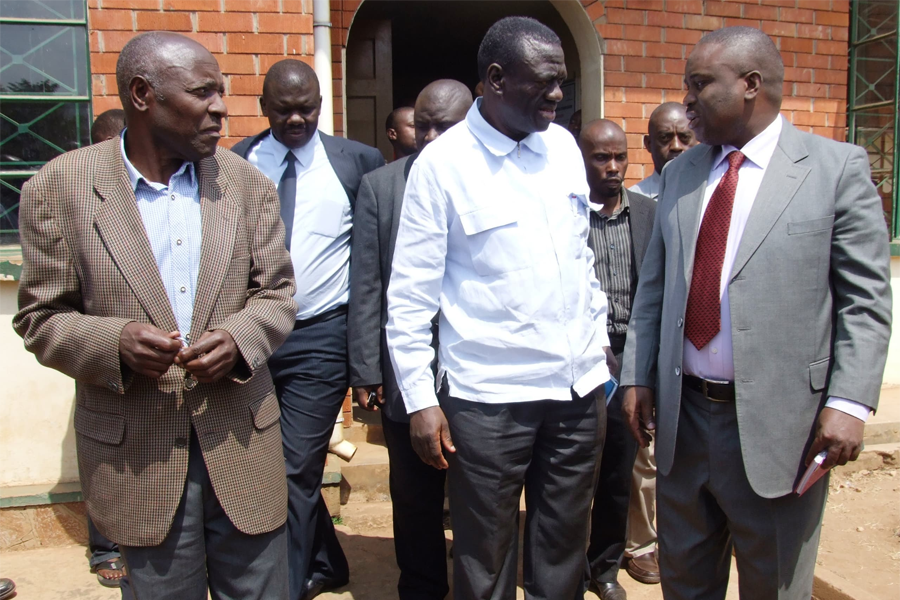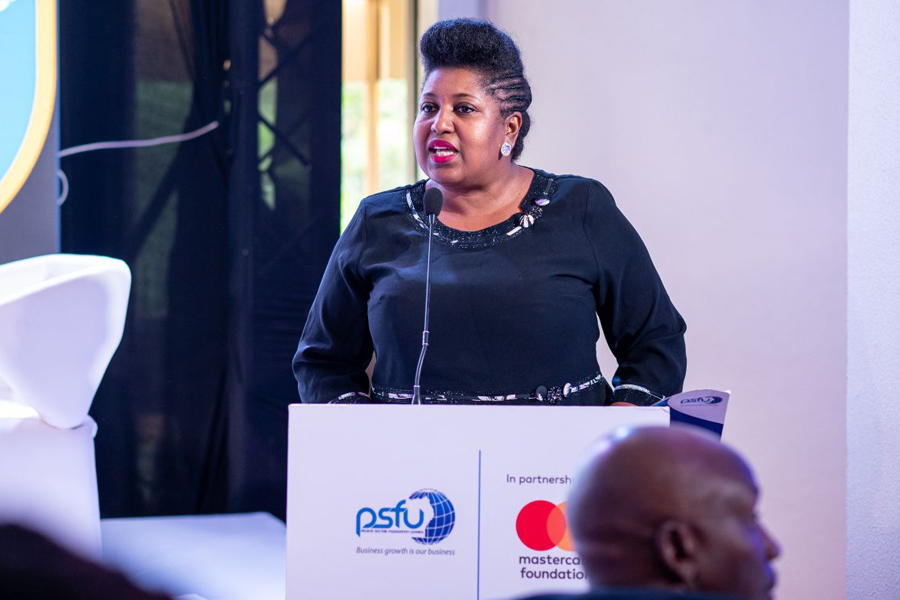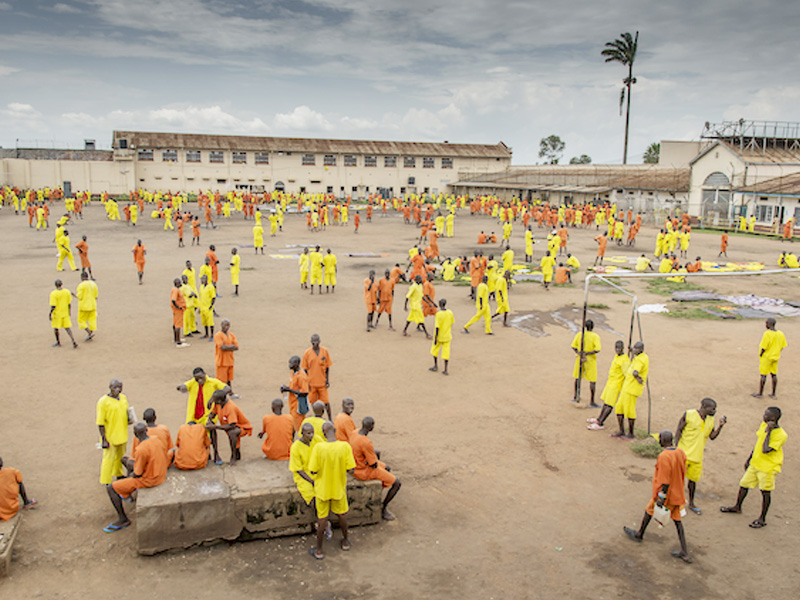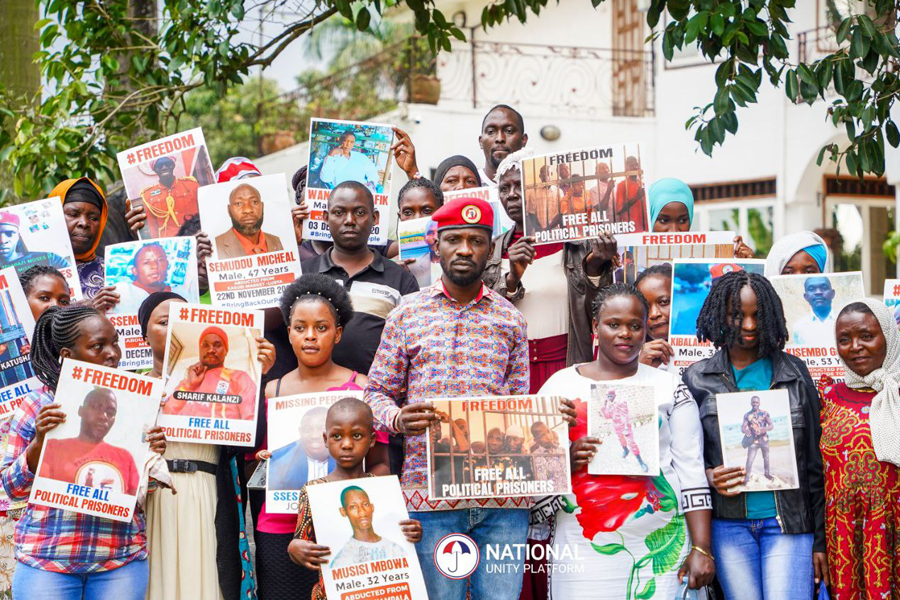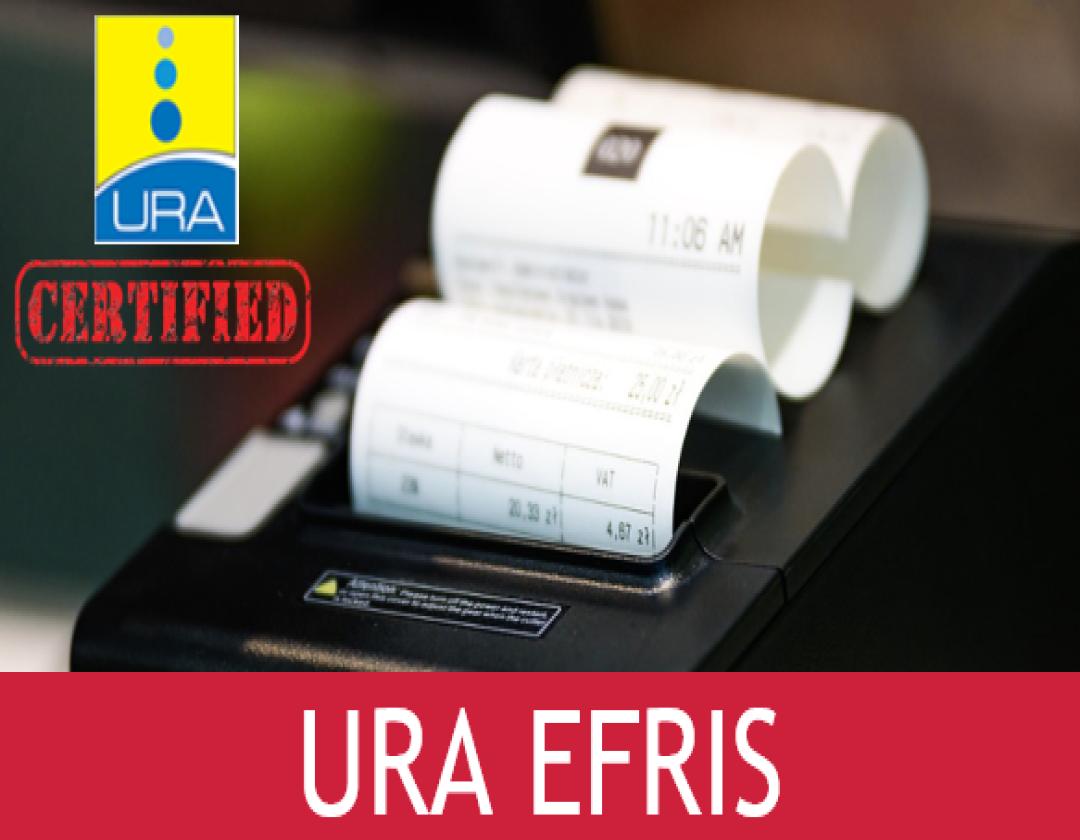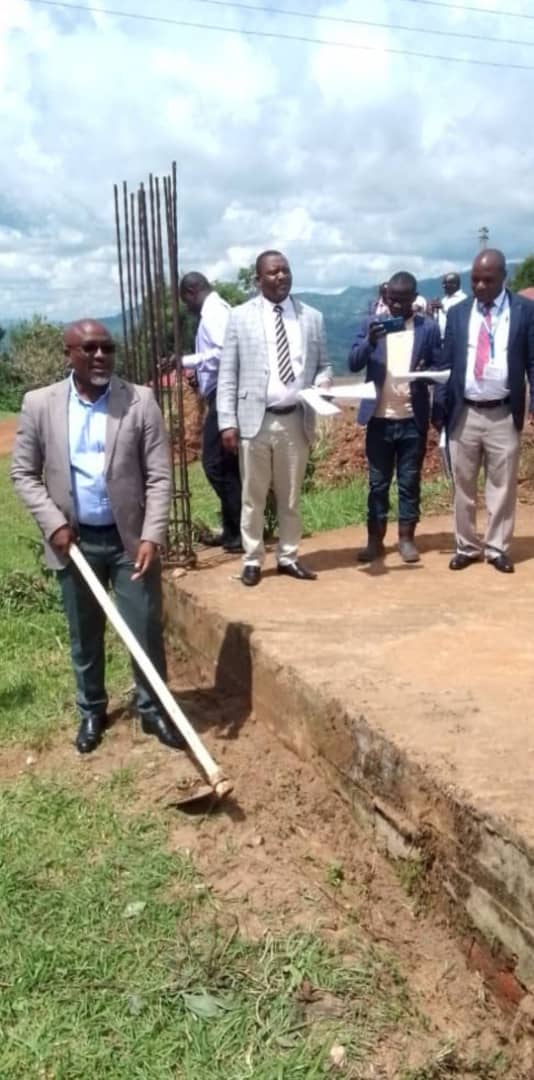Army court only tries civilians who present themselves for trial- Gov’t tells Supreme Court
The Attorney General has asked the Supreme Court to quash a recent Constitutional Court landmark judgment that stopped military courts from trying civilian suspects.
In July, the Constitutional Court in a majority decision of 3:2 held that it is unconstitutional for the army courts to try civilians since they are not part of the military.
Keep Reading
- > PPDA asks districts to use use alternative procurement processes to avoid returning money to consolidated fund
- > Uganda to introduce national children play day
- > Review courses before licencing universities, Tayebwa asks gov't
- > Minister Among calls for social protection for workers in informal sector
“The Court-Martial is clearly not part of the judiciary. It is part of the executive arm of government established under chapter 12 of the Constitution which provides for the country’s defence and national security,” Justice Kenneth Kakuru said.
The General Court Martial is therefore not a competent court within the meaning of Article 28. The persons subject to military law only subject themselves to the jurisdiction of the General Court Martial in respect of only service of offences set out in the UPDF Act. Military law under the UPDF Act must be construed to exclude laws that are the preserve of the civil courts of judicature established under Chapter eight of the Constitution.”
Consequently, government ran to the Supreme Court to challenge the decision.
While hearing the case on Thursday, the Attorney General Kiryowa Kiwanuka told a panel of seven Justices of the Supreme Court led by the Chief Justice Alphonse Owiny Dollo that the General Court Martial only tries civilians who present themselves before it by coming into conflict with the military laws.
“Whereas every offence is can be tried by the military court, not all civilians can be tried by the same court. Only those who present themselves by committing crimes that fall under military service offences present themselves for trial of the military court,” Kiwanuka told court.
He explained that it is “very easy” to avoid being tried by the military court , adding that if one doesn’t commit a military service offence or doesn’t abet and aid a military personnel to commit a crime, they cant be subjected to the army court.
"It is very easy to avoid the military court. Dont get a fire arm illegally or any military hardware but also dont aid and abet committing of service offence."
The Attorney General also faulted the Constitutional Court from ruling that the military court is not impartial while handling cases involving civilians.
Kiryowa Kiwanuka argued that it is wrong for the court to say that the military court acts fairly while handling soldiers presented before it but at the same time conclude that there is no impartiality when it comes to handling of civilians before the court.
“If you want to say the court is impartial, bring evidence. Dont just say that because the court is for soldiers, it will not be impartial to civilians. It is very wrong because even tribunals are mandated to be impartial in whatever they are doing. There is no evidence to show that the military court tried cases in a partial manner,” Kiwanuka told court.
The Attorney General asked the Supreme Court to agree with government that there is no harm in trying civilians before the military court, as long as they have participated in commission of military service offences or have aided and abetted soldiers in commission of any offence.
Kabaziguruka drags feet
In response to the Attorney General’s arguments, former Nakawa MP Michael Kabaziguruka’s lawyers led by Medard Sseggona and Caleb Alaka said the army court can’t be allowed to try civilians since it is not impartial.
“The chairman, Judge Advocate, advisor and members of the military court swear oath of allegiance to the commander in chief but they are all people from the same profession and our argument is that this court is not good for trying civilians,” Alaka said.
“You cant expect justice if you are a civilian in such a composition.”
Alaka argued that the military court is structured in such away that it is meant to try military officers who willing subject themselves by accepting to join the army.
The lawyers asked court to maintain the Constitutional Court decision that barred military courts from trying civilians.
The panel of seven justices of the Supreme Court including the Chief Justice, Stella Amoko Arach, Ruby Opio Aweri, Faith Mwondha, Paul Mugamba, Ezekiel Muhanguzi and Mike Chibita said they would deliver their judgment on notice.
Background
The Constitutional Court judgment that outlawed trial of civilians by the military court followed a 2016 petition by then Nakawa Municipality MP Michael Kabaziguruka who was facing treachery charges.








